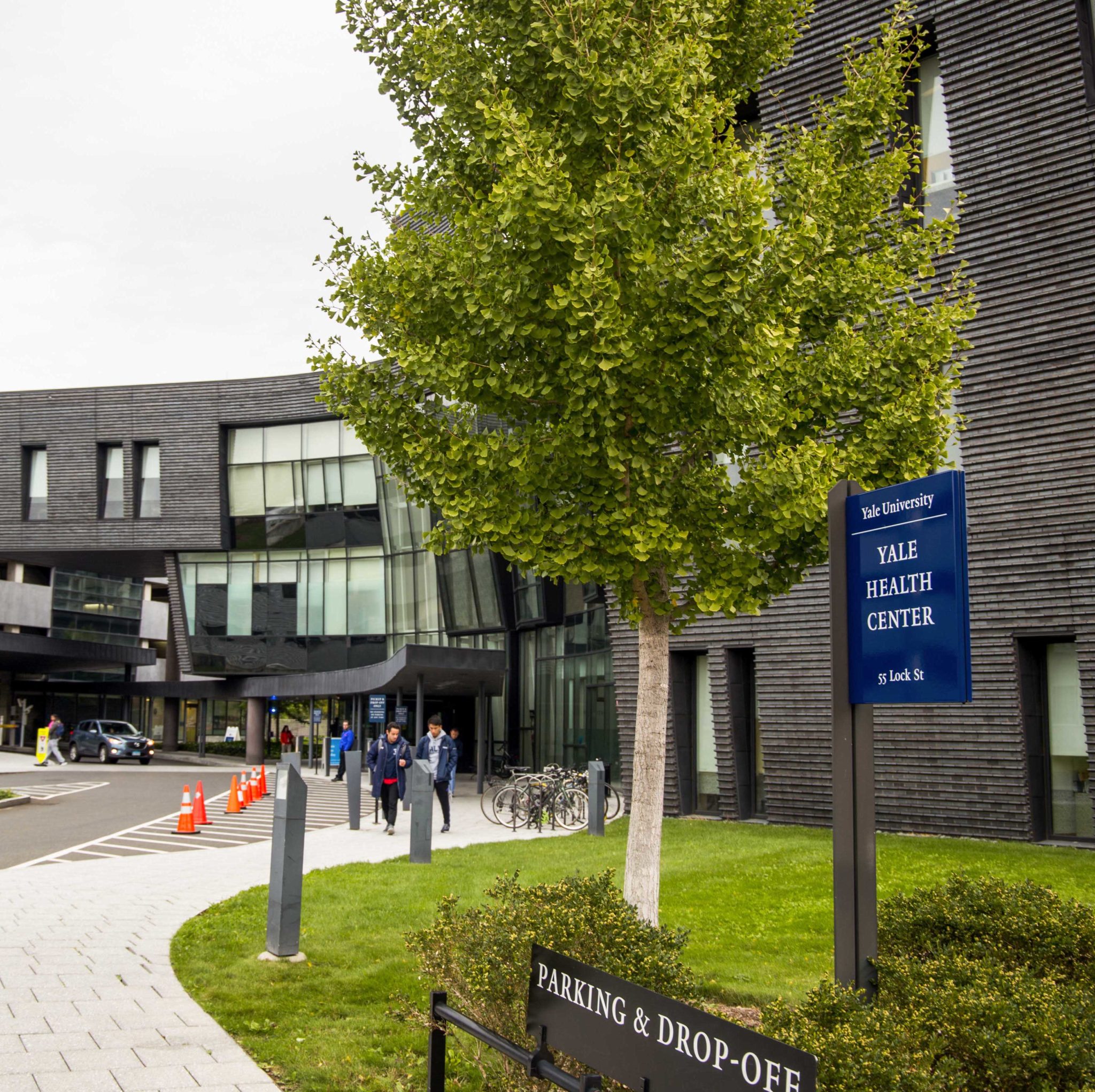
On Feb. 4, the Connecticut Department of Public Health issued a press release confirming reports of a second person hospitalized for measles in New Haven. The report comes on the heels of a University-wide email on Feb. 1 from Yale Health Director Paul Genecin regarding the cases.
According to the Department of Public Health, while investigators have not found any connection between the two cases — both adults are unaffiliated with Yale — the patients most likely contracted the disease in early January.
“We do not believe this is a cause for immediate concern to members of the Yale community,” Genecin said in the email.
Since Jan. 1, the Centers for Disease Control and Prevention has reported 79 cases of measles this year. In addition to those in Connecticut, the disease has infected people in California, Georgia, Illinois, New Jersey and five other states. Outbreaks in New York and Washington are linked to travelers from Ukraine and Israel, where the CDC has reported major measles outbreaks.
Measles was officially eliminated in the United States in 2000, but the rising traction of the anti-vaccination movement has brought the disease back onto the CDC’s radar. In his email to Yale students and faculty, Genecin recommended that any students and faculty who have not been vaccinated do so immediately in order to help control the spread of the disease.
“If you or your family members have chosen in the past not to receive measles vaccine, we urge you to take this opportunity to reconsider,” Genecin said.
According to the Department of Public Health’s announcement, most people who have been exposed to measles are not at risk of developing the disease, as most have received vaccinations. The CDC recommends that all children receive two doses of the measles, mumps and rubella vaccine, also called MMR. One dose of the measles vaccine is approximately 93 percent effective at preventing measles, and two doses are about 97 percent effective, according to the Department’s announcement.
“Lack of vaccination is an important reason for the rise of measles over the last several years. As measles is very contagious, people who are not vaccinated are very susceptible,” explained Louise Dembry, a hospital epidemiologist in the VA Connecticut Healthcare System and a Yale professor of infectious diseases and epidemiology.
Dembry added that one of the greatest challenges in convincing individuals to get vaccinated is the rarity of U.S. measles cases. She explained that because most people have never seen measles, they do not understand the risks of measles infection, the potentially severe complications of the disease and the associated risk of mortality.
According to Dembry, the last case of measles she remembers at Yale New Haven Hospital took place in 2014. An individual acquired measles while traveling to another country with a measles outbreak, and a secondary transmission resulted from the case.
Genecin said in his Yale-wide email that measles is rare due to widespread vaccination efforts. Those who are at the highest risk of attracting measles are pregnant women, infants and immunocompromised individuals.
He also instructed readers to call Yale Student Health if they may have contracted the infection in order to prevent the risk of exposing others.
“We are in close contact with Yale New Haven Hospital, Yale School of Medicine and the Department of Public Health about measles activity in our area,” Genecin said. “We will let you know promptly if additional important information becomes available.”
In addition to releasing the announcement, Genecin’s staff has placed multilanguage signs in popular areas around Yale New Haven Hospital to reduce the spread of infectious diseases. Yale Health leadership is coordinating with infection preventionists and emergency operations staff to ensure information related to measles is transmitted and disseminated to staff and patients, according to Genecin.
“This includes frequent conference calls, daily morning updates and ongoing communications,” Genecin said. “Additional staff are working around the clock to confirm immunity and offer testing for any persons exposed.”
According to the CDC, the first measles vaccine was licensed for use in the United States in 1963.
Madison Mahoney | madison.mahoney@yale.edu
Matt Kristoffersen | matthew.kristoffersen@yale.edu .







